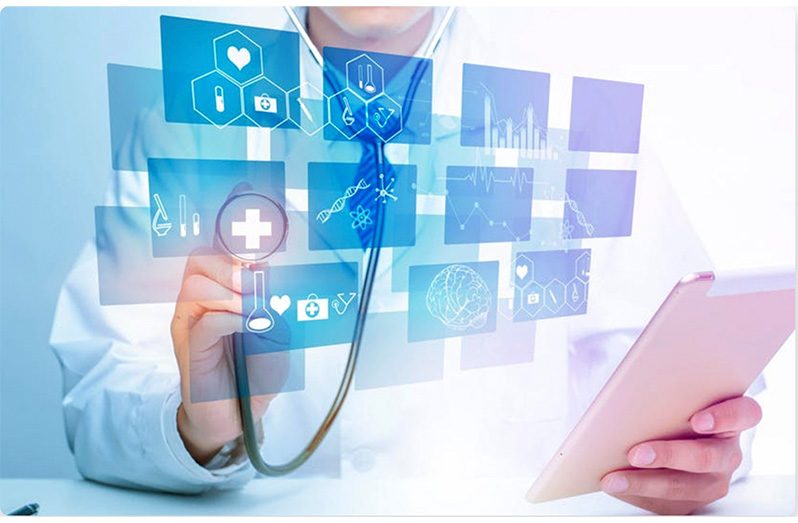-President Ali announces sweeping modernisation of drug distribution system, healthcare delivery
GUYANA is taking a major leap toward modernising its healthcare system with a sophisticated new supply chain for drugs and medical supplies, backed by artificial intelligence and global best practices.
President Dr Irfaan Ali has announced that the Material Management Unit (MMU) is being completely overhauled, with international consultancy firm Ernst & Young helping to establish a digitised, artificial intelligence (AI)-powered supply chain system.
Construction of regional drug bonds is already underway in five regions, forming the physical backbone of the system.
“The system will have visible alerts on low stock levels. AI will be built into the system to help in the management and distribution of medical supplies and drugs across every single region, with a level of automation that will improve efficiency, enhance delivery, reduce spoilage and expiry of drugs and other supplies, and improve the overall system so that our citizens can benefit. It will also bring us in compliance with the best global standards,” the President said at a news conference earlier this week.
He noted that the first phase will go live by early 2026, with full integration expected by the end of that year.
The second aspect of the work in modernising the healthcare system is the electronic patient health record system, which commenced in March of this year.
The initial phase of these projects saw the digitising of records of all patients at the Georgetown Public Hospital Corporation. This too he disclosed would go live by the end of the first quarter of 2026.
Concurrently, the government has already launched its pilot online appointment system at the Festival City Polyclinic. This is a system under testing.
Ultimately, the aim is to have this developed into an app-based system where you have appointments, eliminate long wait times at clinics and eventually larger health facilities, like the six recently commissioned regional hospitals, this too will come on stream in 2026.
DISEASE SURVEILLANCE
Further to enhance disease surveillance, the government will be investing in a US $15 million project with the aim of enhancing the laboratory system to a level three system, and to enhance human resource capacity through recruitment and training in pandemic preparedness.
“This is a major challenge globally, and every country now is ensuring they have the system of surveillance, the labs to support surveillance, and the human capital in preparing national health systems to identify and respond effectively to pandemics to be prepared. And we are not waiting; we are already investing in this system,” the President said.
Over the past three years, 25 new health centres and health posts have been established, and currently, 10 additional facilities are under construction. Each health centre is expected to offer at least 116 different health services, including treatment and care for non-communicable diseases such as diabetes, hypertension, and heart conditions.
To this end the president reiterated that a strong emphasis is being placed on strengthening primary healthcare and preventative measures through public education, early screening, and improved access to laboratory services and diagnostic testing.
The aim is to build a more effective primary healthcare system that not only lowers the risks associated with today’s most common diseases but also supports the younger generation of Guyanese by providing early access to health data and screenings.
“To do this, we have the School Health Programme, which will see the screening of all children in nursery, primary, and secondary schools. We have the Women’s Health Programme, which will expand the breast cancer screening programme,” the President reminded.



.jpg)










